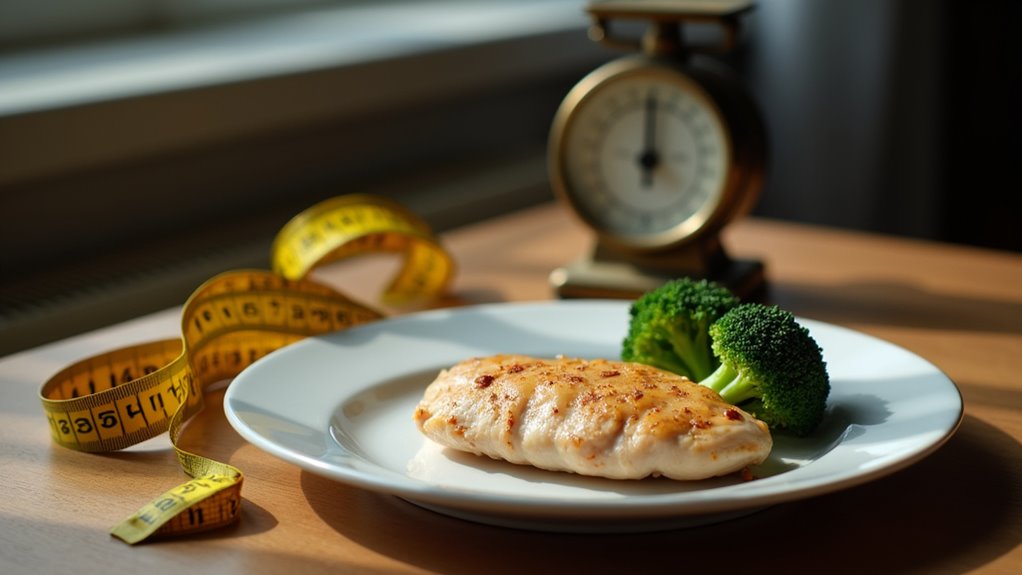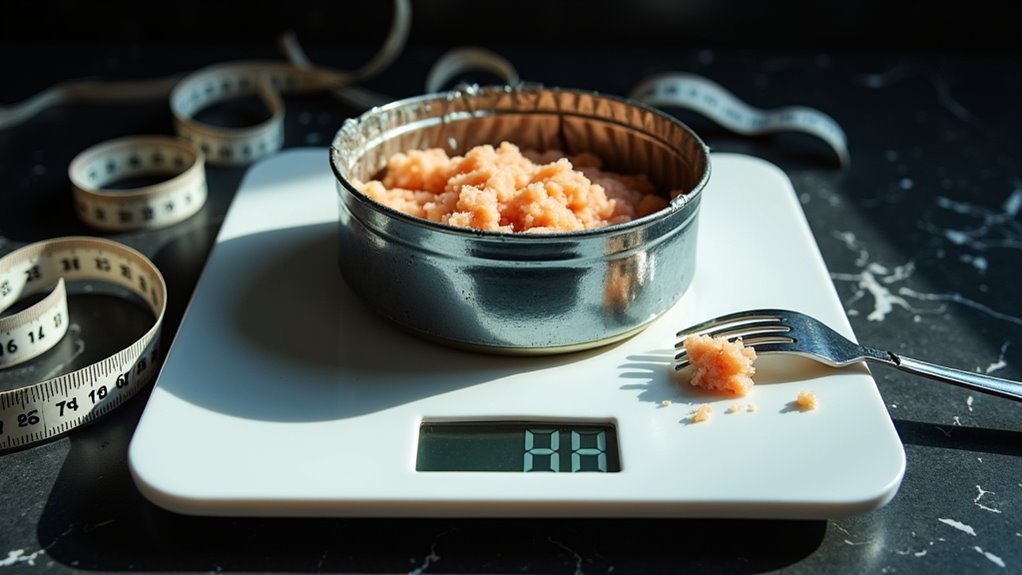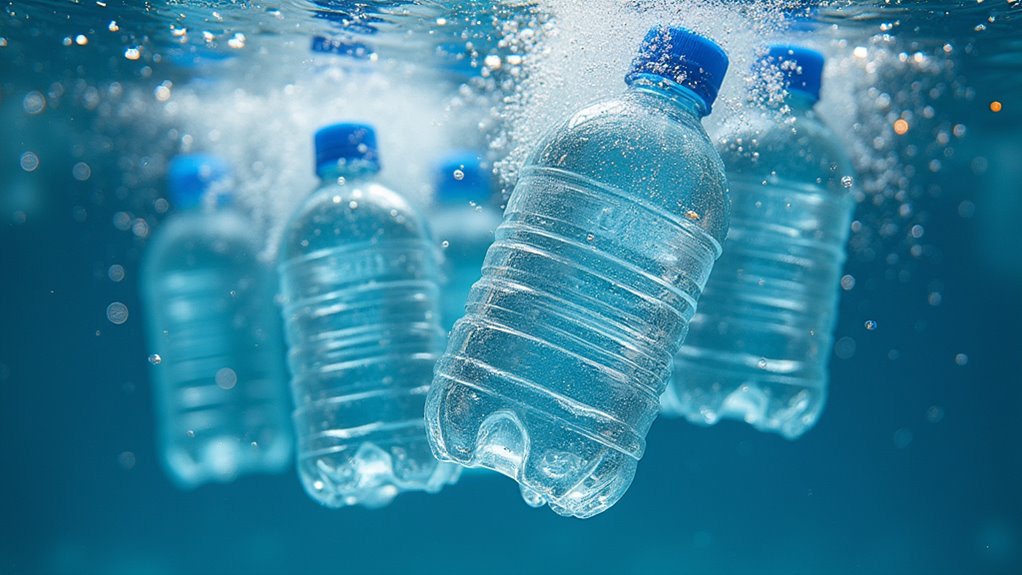How can someone gain weight while supposedly cutting calories? It’s a frustrating reality many dieters face. The scale creeps up despite their best efforts to eat less. Turns out, calorie counting isn’t foolproof.
The great diet paradox: eating less while weighing more. Calorie counting’s dirty secret exposed.
Most people are terrible at estimating what they consume. That glass of wine at dinner? It counts. Those weekend splurges? They matter. Studies show under-reporting is rampant, especially with junk food. People conveniently “forget” about snacks grabbed between meals. Humans lie to themselves. A lot.
What you eat matters as much as how much. Processed foods packed with sugar, salt, and bad fats mess with your body’s satiety signals. You keep eating because your brain doesn’t get the “I’m full” memo. Meanwhile, whole foods might have more calories but offer actual nutrition. Novel concept.
Sitting around all day doesn’t help either. Your metabolism slows when you’re inactive. Less movement means fewer calories burned. Simple math. Exercise builds muscle, which burns more calories even when you’re binging Netflix shows. Daily activity is crucial as 30 minutes of exercise most days is recommended for maintaining weight and overall health. Your metabolism naturally declines by 0.7% per year after age 60, making regular movement even more critical.
Your body isn’t stupid. Restrict calories too much and it thinks you’re starving. Survival mode kicks in. Metabolism slows down. NEAT (all that fidgeting and small movements) decreases. Your body desperately holds onto fat stores while your hunger hormones scream, “Eat something!” The human body maintains a safe weight range of about 4-5 kg that it will fight to defend against significant changes.
Stress makes everything worse. High cortisol equals more belly fat. Period. Add poor sleep to the mix and your appetite hormones go haywire. Suddenly you’re reaching for cookies at midnight. Dehydration gets mistaken for hunger too. Drink water.
Our genes haven’t caught up with our food-abundant environment. We’re wired to store fat for survival—useful 10,000 years ago, not so much now. Prehistoric humans never had to resist drive-thru temptations.







